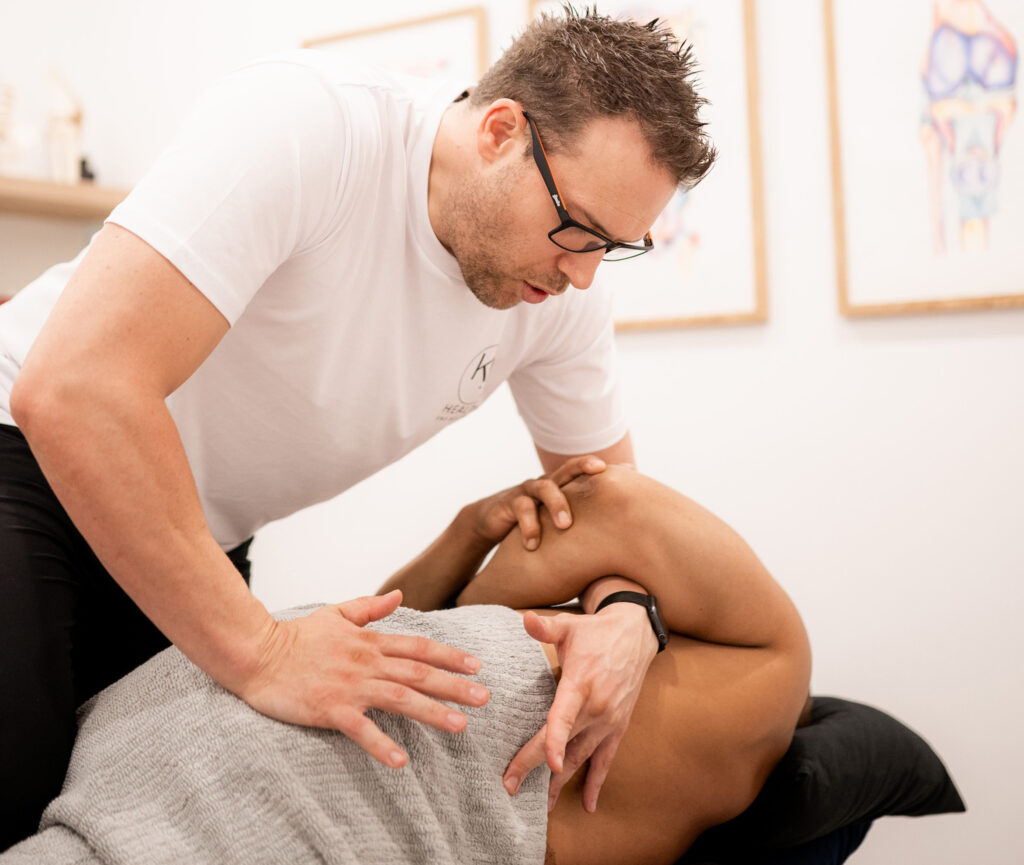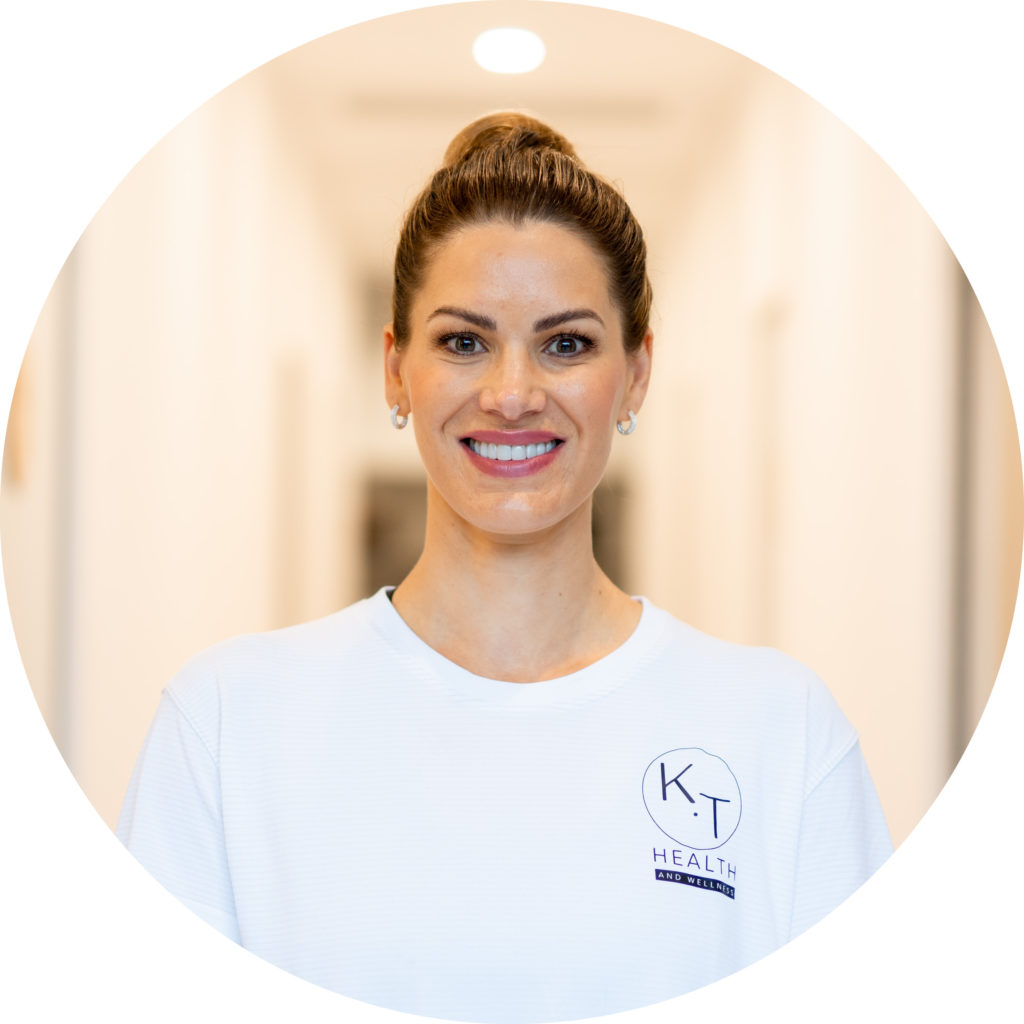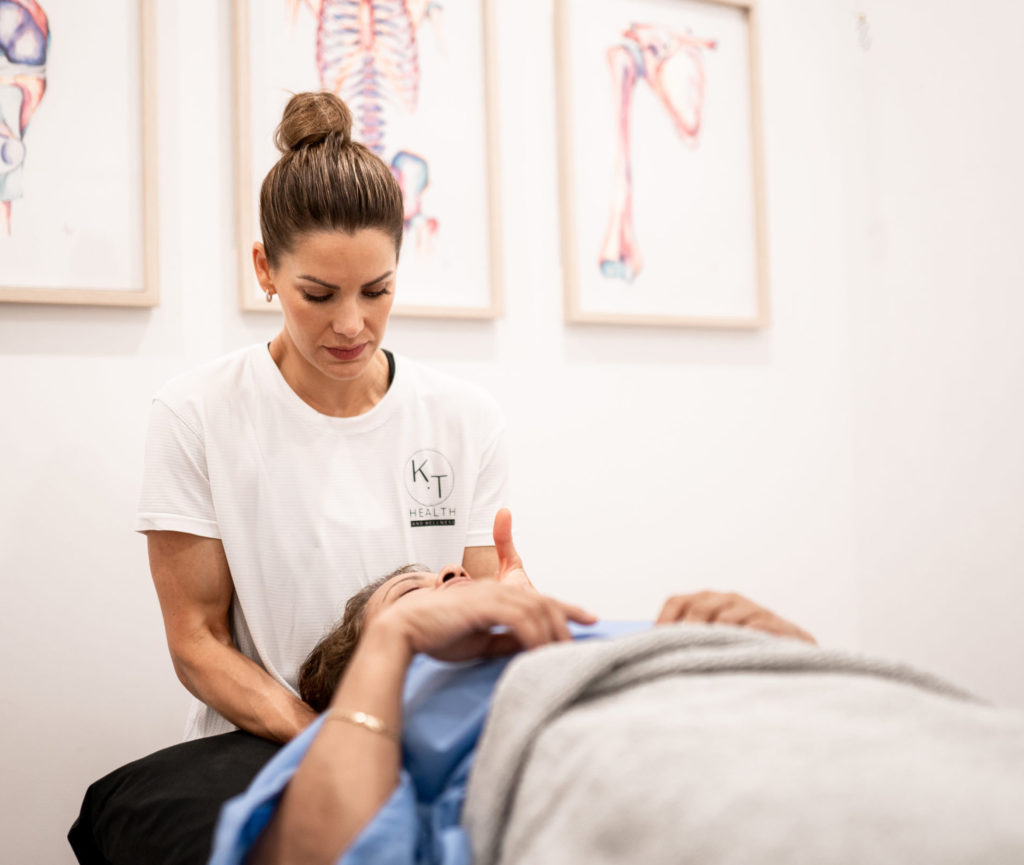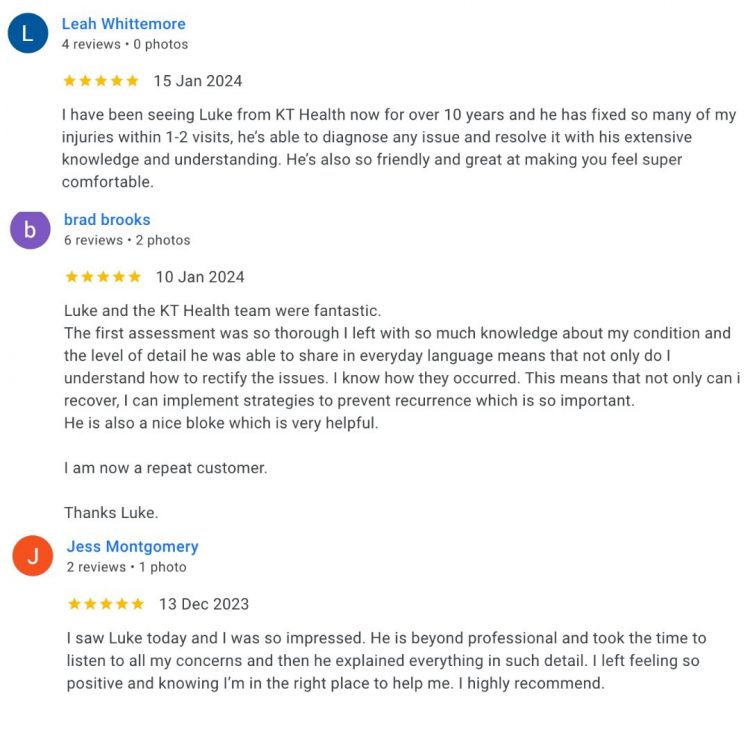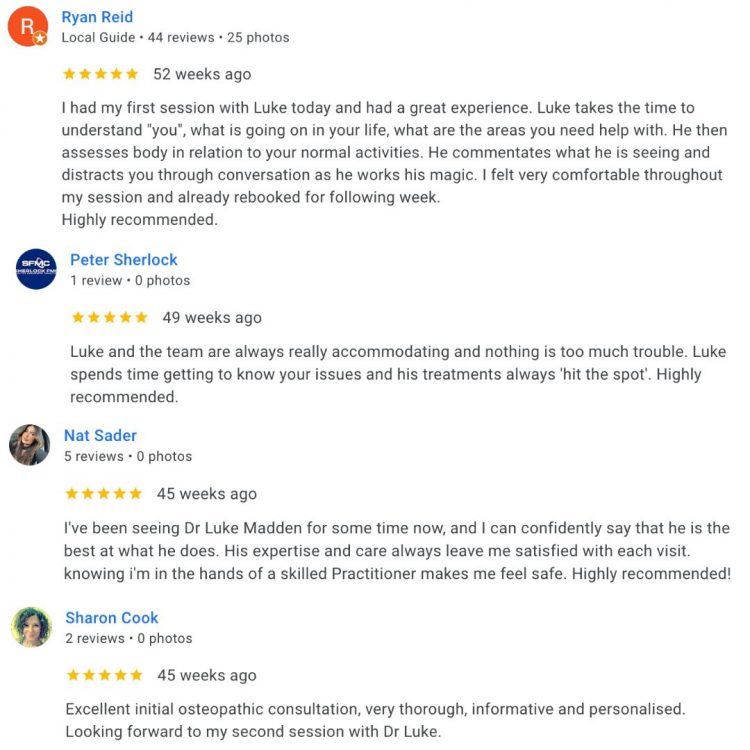Everything You Need to Know About a Frozen Shoulder
What is a Frozen Shoulder?
Frozen shoulder is a condition where the shoulder joint becomes stiff, painful, and loses its range of motion. It happens when the capsule of connective tissue surrounding the shoulder joint thickens and tightens, restricting movement. It often comes on gradually and progresses through three phases, freezing, frozen, and thawing, over several months to years.
An analogy…
Think of the shoulder joint like a ziplock bag filled with water, normally, the bag moves freely as the shoulder moves. In frozen shoulder, that bag shrinks and stiffens, making it harder and more painful to move the shoulder.
What are other names that a frozen shoulder can be referred to?
Adhesive Capsulitis, Frozen Shoulder Syndrome
What causes a frozen shoulder?
The shoulder joint is surrounded by a capsule of connective tissue that helps keep it stable. In frozen shoulder, this capsule becomes inflamed and thickened, causing it to stick to itself and restrict movement. The exact cause isn’t always clear, but it often follows a period of immobility, such as after surgery, injury, or prolonged rest. It’s also more common in people with diabetes, thyroid issues, or autoimmune conditions.
What are the signs and symptoms of a frozen shoulder?
- Gradual onset of shoulder pain, especially at night
- Progressive loss of shoulder movement
- Stiffness in the joint, even with passive movement
- Pain that can be dull or aching, and located deep in the shoulder
What tests are used to diagnose a frozen shoulder?
Apley Scratch Test: This test checks shoulder mobility and flexibility. The patient is asked to reach one hand over the shoulder and down the back, and then reach the other hand up behind the back to try and touch the fingertips together.
Physical Examination: During a physical exam for frozen shoulder, the practitioner will assess both active (your own movement) and passive (practitioner-assisted) range of motion. In frozen shoulder, both types of movement are limited, especially when lifting the arm or rotating it outward. The practitioner will also check for muscle tightness, pain points, and joint stiffness to rule out other causes.
How long does a frozen shoulder take to heal?
Frozen shoulder usually resolves over time, but it can take 12 to 24 months depending on the severity and phase. Early treatment helps reduce the time it takes to recover, but some people may take longer if it’s not managed well or if there are underlying conditions like diabetes.
How does a frozen shoulder happen?
- Shoulder immobilisation
- Conditions like diabetes, thyroid dysfunction, or autoimmune disorders
- Poor shoulder posture and lack of mobility
What treatment can help a frozen shoulder?
- Manual therapy to gently mobilise the joint
- Stretching and mobility exercises
- Dry needling or trigger point therapy for surrounding muscle tension
- Corticosteroid injections
What exercises or stretches can I do for a frozen shoulder?
- Pendulum swings
- Wall climbs (flexion and abduction)
- Sleeper stretch
- Towel stretch behind the back
- Scapular setting and posture drills
What products can help with a frozen shoulder?
STOP GUESSING – START MOVING
See what other people have said about our osteopaths
Trustindex verifies that the original source of the review is Google. KT health has really helped my back and i have been able to get back into competitive sportTrustindex verifies that the original source of the review is Google. Absolutely amazing, I see Louie Nouh who always listens and caters to my needs. He is amazing at his job and always helps alleviate my pain. I highly recommend Louie.Trustindex verifies that the original source of the review is Google. Friendly, supportive staff. Such a lovely place to exercise! Highly recommend.Trustindex verifies that the original source of the review is Google. Amazing instructor, I am new to Pilates felt very comfortable & supported.Trustindex verifies that the original source of the review is Google. I have been suffering from shoulder and neck pain for months - I saw Dr Louie Nouh a couple of time. His treatment really relived the pain. I have full range of movement now. His knowledge on exercise is fantastic.Trustindex verifies that the original source of the review is Google. Absolutely love reformer at menai. Instructors are amazing. Love Michaela and love the small classes. Highly recommend!Trustindex verifies that the original source of the review is Google. The trainers are all amazing , they explain everthing step by step and help where needed . It is an amazing place to relax get to know other people have a laugh . I recommend for anyone .Trustindex verifies that the original source of the review is Google. Ever since I came here I’ve been looked after by Louie and my shoulder is already feeling much better. Highly Recommend these are good people.Trustindex verifies that the original source of the review is Google. SENSATIONAL Chiropractor in Menai! I attended my first appointment with Dr Louis Nouh at KT Health & Wellness who is an absolute genius even after one session with him. He explained everything he intended to address about my lower back condition, all in easy to understand, layman’s terms. He said he would call me the next day to follow and see how I was feeling after our session and guess what, he did! During our session, he made me feel relaxed and comfortable especially as it was my first chiropractic appointment EVER! For some reason, I am actually looking forward to my subsequent sessions with him next week. Don’t get me wrong, he did poke, prod and crack me as necessary but the results made it seem worth it.Trustindex verifies that the original source of the review is Google. I have been seeing Melinda now for a couple of months to help with bursitis in my hip. She is one of the best practitioners I’ve ever seen.. With the use of various tools and techniques she has helped me recover much quicker than I expected. Thanks Mel and see you tomorrow!
We don't offer magic fixes or cures, but a sustainable approach to back pain.
Our Osteopaths will offer you a road map to help you take control of your back pain and feel great again.
BOOK YOUR OSTEOPATH VISIT TODAY
Book a Time with Dr Luke Madden Below
Book a Time with Dr Melinda Madden Below
Already have an account?
Book as a guest
- Book an Appointment


